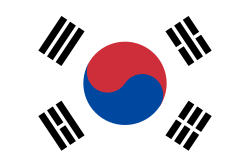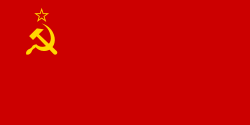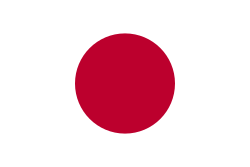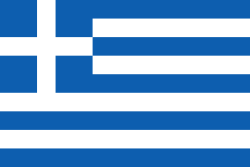Kim Jae-bum
| Kim Jae-bum Medaillenspiegel | ||
|---|---|---|
(c) Korea.net / Korean Culture and Information Service (Photographer name), CC BY-SA 2.0 Kim Jae-bum | ||
| Olympische Spiele | ||
| Gold | 2012 London | bis 81 kg |
| Silber | 2008 Peking | bis 81 kg |
| Weltmeisterschaften | ||
| Gold | 2010 Tokyo | bis 81 kg |
| Gold | 2011 Paris | bis 81 kg |
| Bronze | 2009 Rotterdam | bis 81 kg |
| Asienmeisterschaften | ||
| Gold | 2005 Taschkent | bis 73 kg |
| Gold | 2008 Jeju | bis 81 kg |
| Gold | 2009 Taipeh | bis 81 kg |
| Gold | 2011 Abu Dhabi | bis 81 kg |
| Gold | 2012 Taschkent | bis 81 kg |
| Asienspiele | ||
| Gold | 2010 Guangzhou | bis 81 kg |
Kim Jae-bum (koreanisch 김재범; * 25. Januar 1985 in Gimcheon, Gyeongsangbuk-do) ist ein ehemaliger südkoreanischer Judoka.
Sportliche Karriere
Beim Olympischen Judoturnier 2008 in Peking unterlag Kim im Finale im Halbmittelgewicht (Klasse bis 81 kg) dem deutschen Judoka Ole Bischof durch eine Fußtechnik (Kleine Innensichel). Während der folgenden Olympiade entwickelte sich Kim zum dominierenden Judoka seiner Gewichtsklasse: Bei den Weltmeisterschaften 2009 in Rotterdam erreichte er die Bronzemedaille. 2010 in Tokio und 2011 in Paris gewann er jeweils den Weltmeistertitel. Beim Olympischen Judoturnier 2012 in London kam es zur Neuauflage des Finales von Peking, wobei diesmal Kim die Oberhand behielt.
Am 1. Mai 2016 gab er sein Karriereende bekannt.[1]
Weblinks
- Wettkampf-Videos Kim Jae-bum
- Kim Jae-bum auf Judoinside (englisch)
- Kim Jae-bum in der Datenbank von Olympedia.org (englisch)
Einzelnachweise
- ↑ Yonhap News Agency: JudoInside - News - Olympic judo champion Kim Jae-Bum announces retirement. In: judoinside.com. 4. Mai 2016, abgerufen am 22. Januar 2020 (englisch).
| Personendaten | |
|---|---|
| NAME | Kim, Jae-bum |
| ALTERNATIVNAMEN | 김재범 (koreanisch) |
| KURZBESCHREIBUNG | südkoreanischer Judoka |
| GEBURTSDATUM | 25. Januar 1985 |
| GEBURTSORT | Gimcheon, Gyeongsangbuk-do |
Auf dieser Seite verwendete Medien
Olympic Rings without "rims" (gaps between the rings), As used, eg. in the logos of the 2008 and 2016 Olympics. The colour scheme applied here was specified in 2023 guidelines.
Olympic Rings without "rims" (gaps between the rings), As used, eg. in the logos of the 2008 and 2016 Olympics. The colour scheme applied here was specified in 2023 guidelines.
Variant version of a flag of Japan, used between January 27, 1870 and August 13, 1999 (aspect ratio 7:10).
Variant version of a flag of Japan, used between January 27, 1870 and August 13, 1999 (aspect ratio 7:10).
(c) I, Cmapm, CC BY-SA 3.0
The flag of the Soviet Union (1955-1991) using a darker shade of red.
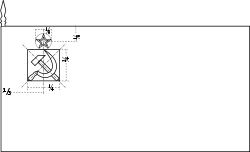
(c) I, Cmapm, CC BY-SA 3.0
The flag of the Soviet Union (1955-1991) using a darker shade of red.

Pictograms of Olympic sports - Judo. This is unofficial sample picture. Images of official Olympic pictograms for the 1948 Summer Olympics and all Summer Olympics since 1964 can be found in corresponding Official Reports.
The Korean characters "한국어, 조선말" meaning Korean, made using the GungsuhChe truetype font
(c) Korea.net / Korean Culture and Information Service (Photographer name), CC BY-SA 2.0
2012 London Olympic Games. Korea Judo, Kim Jae-bum won the gold medal -81kg match

